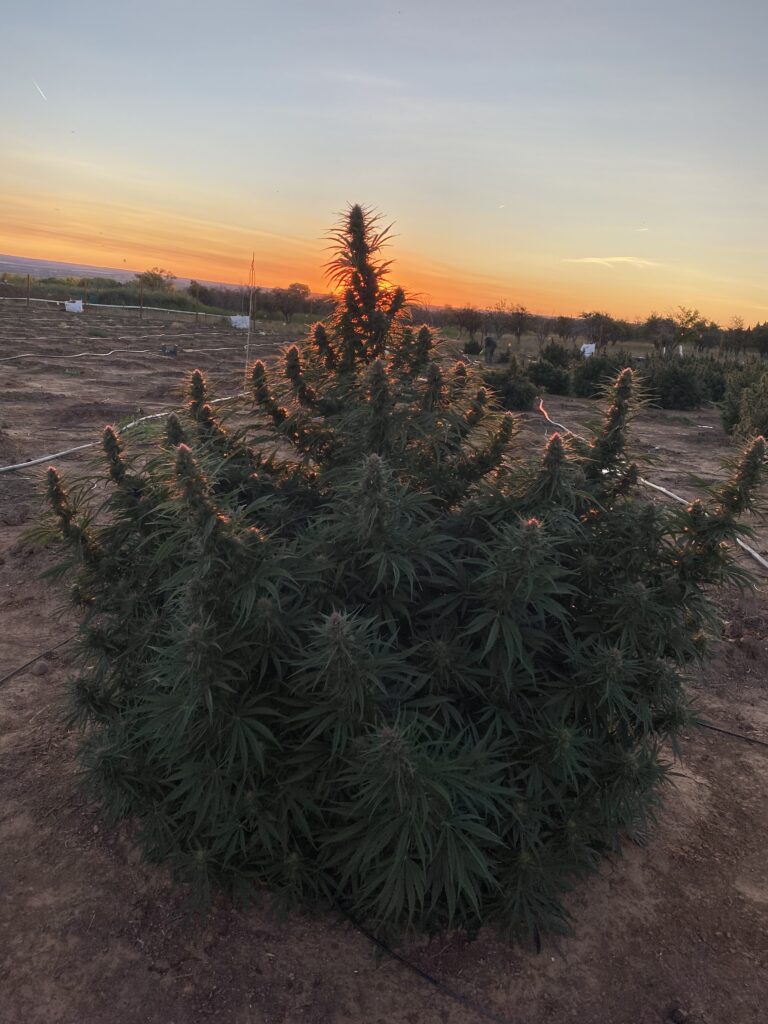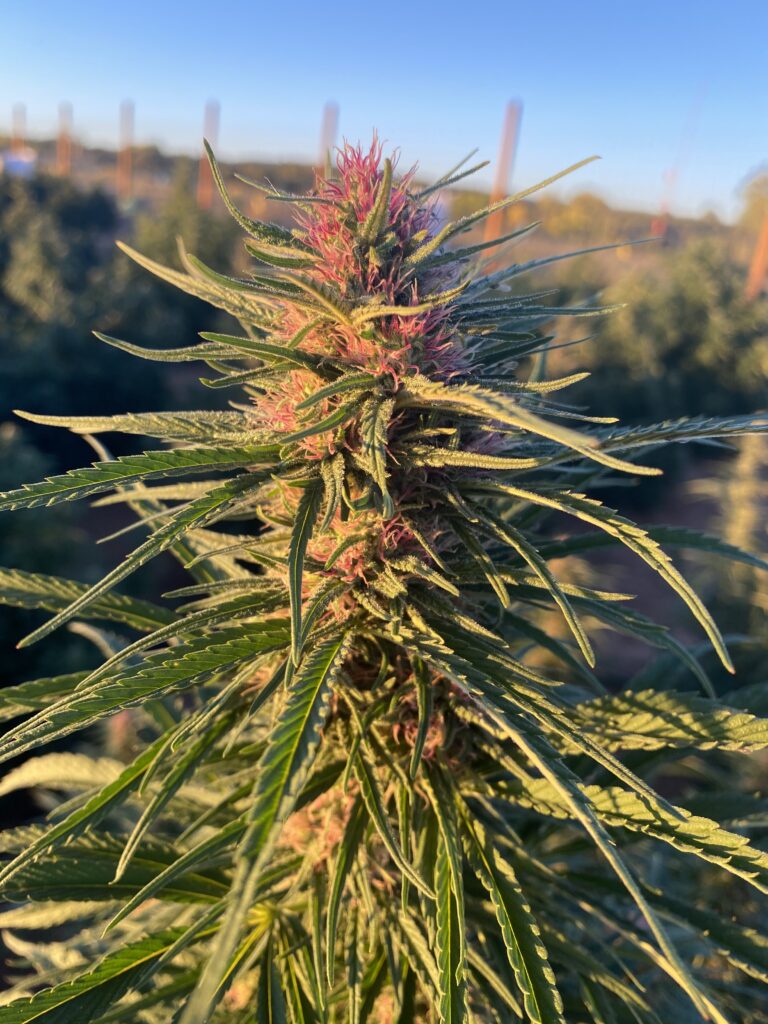
Marijuana is illegal in the U.S., legal in some states but illegal in Texas and decriminalized in Austin. Wait, what? Sounds a bit hazy.
Let us break this down for you as we examine cannabis legislation in, Austin, Texas, through the scope of our federal and state laws.
The controlled substance act (CSA) of 1970 classifies “marihuana” as a schedule I controlled substance. The CSA defines a schedule I drug with three statements: “the drug has a high potential for abuse, has no currently accepted medical use in treatment in the United States, and there is lack of accepted safety for the use of the drug or other substance under medical supervision” (cite). The law effectively makes all parts of the plant Cannabis L. sativa illegal and allows the DEA to enforce it. Not only did it make “marihuana” illegal, but it also made hemp illegal too.
Although the Controlled Substance Act of 1970 remains, two other federal laws pertaining to cannabis arose: the Agricultural Act of 2014 & the 2018 U.S. Farm Bill. The Agricultural Act of 2014 “authorizes an institution of higher education or a state department of agriculture to cultivate industrial hemp if
Basically, this law gives a select few the legal greenlight to grow hemp. This is a baby step in the right direction towards legalization.
The 2018 U.S. Farm Bill makes another baby step towards legalization and gives businesses a great loophole to finally sell consumable hemp. The bill removes hemp from the CSA’s overarching category of “marihuana” with a new, clearer definition. The 2018 U.S. Farm Bill defines hemp as having a “delta-9 tetrahydrocannabinol concentration of not more than 0.3 percent on a dry weight basis” (Public Law No: 115-334, 2018 Farm Bill, SEC. 297A.). This bill gives people the opportunity to produce and sell hemp-derived products. In other words, all hemp derived cannabinoids, such as delta-8 THC or CBD, derived from hemp are legal. This also allows the opportunity to sell and purchase edibles with <.3% delta-9 THC by dry weight. Imagine your average Hersey’s bar that weighs 43 grams. Now multiply that by .03% which equals 0.129 grams. 0.129 grams is equal to 129 milligrams. That means we could sell hersey’s chocolate bars with up to 129 milligrams of delta-9 THC. Therefore, the 2018 U.S. Farm Bill makes potent edibles legal (as long as they’re hemp-derived).

Thankfully, the 2018 U.S. Farm Bill protects Texan citizens’ ability to purchase and grow hemp. Unfortunately, Texas bans the manufacturing/processing of smokable hemp. In 2019, Texas passes a Health and Safety Code that prohibits “the processing or manufacturing of a consumable hemp product for smoking” (Texas Health & Safety Code, Chapter 443, Sec.443.204). In June of 2022, the Texas Supreme Court upheld this cannabis legislation. This means that all smokable hemp must be processed outside of Texas. This is costly and detrimental to producers, but buyers are still in the clear.
In addition to the Texas Health and Safety Code relating to hemp production, another Texas cannabis law exists. The Texas Compassionate Use program, created in 2015 and expanded in 2019 and 2021, creates an extremely strict medical program for suffering Texans. At a glance, this program lets physicians prescribe cannabis containing less than 1% delta-9 THC to a very niche group of patients with the following conditions: “epilepsy, a seizure disorder, multiple sclerosis, spasticity, amyotrophic lateral sclerosis, autism, cancer, post-traumatic stress disorder, and an incurable neurodegenerative disease” (Texas Occupations Code, Title 3, Chapter 169, Sec. 169.003). The prescriptions are hard to come by, and still only contain low-THC percentages. Simply put, federal cannabis legislation is more lenient than cannabis legislation in Texas.
Marijuana possession in Austin is decriminalized. In May of 2022, Austin votes in favor of proposition A which decriminalizes recreational amounts of marijuana. Citizens residing in the Austin city limits can now possess up to four ounces of marijuana on private property and up to two ounces of marijuana in public without fear of prosecution. That does not mean that cannabis is legal, but it does mean that possession of small amounts of cannabis will not warrant punishment. Austin’s District Attorney José Garza is prioritizing more serious crimes than drug possession and will not enforce small marijuana possession charges. Austin residents can finally partake in cannabis without the worry of legal implications.
Austin is a safe zone for recreational cannabis use in the strict sea of Texas. Inside of the Austin city limits, light up your next joint without worry. Just be careful if you leave the city. Consuming and buying cannabis is one thing, but selling cannabis can get you into far more trouble. Many local Austin dispensaries and smoke shops have safe and reputable products for you to try legally. Check out Dama Botanicals on South First street for a safe and sound supplier to cater your next Austin cannabis experience.


All products on this website contain less than 0.3% THC
FOOD AND DRUG ADMINISTRATION DISCLOSURE
The statements made regarding these products have not been reviewed by the Food and Drug Administration. The efficacy of these products has not been confirmed by FDA-approved research. These products are not intended to diagnose, treat, cure or prevent any disease. All information presented here is not meant as a substitute for or alternative to information from health care practitioners. Please consult your health care professional about potential interactions or there possible complications before using any product. The Federal Food, Drug and Cosmetic Act requires this notice.
Receive deals, event invites and product drops straight to your inbox
Contact Us Anytime
© 2025 Dama Botanicals by VWS. All rights reserved.

YOU MUST BE 21+ TO ENTER THIS SITE
Be the first to know about new products, awesome deals and community events